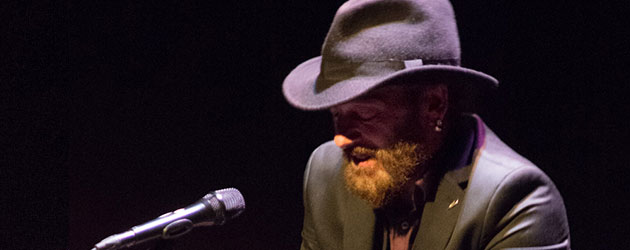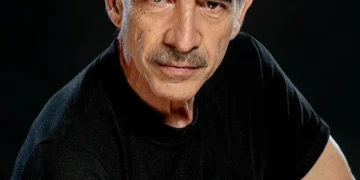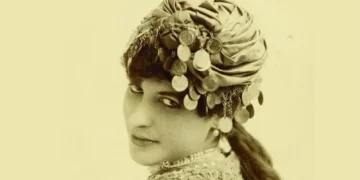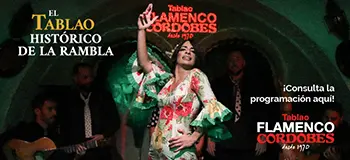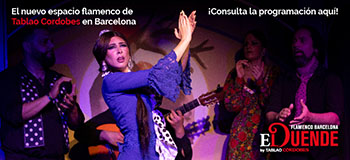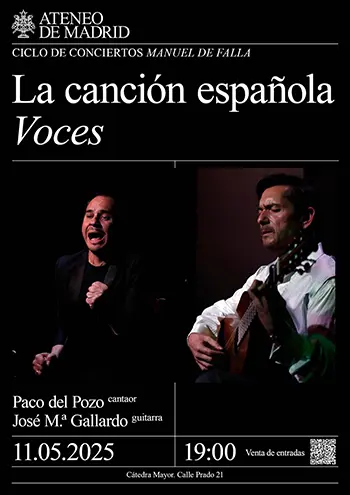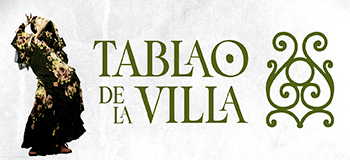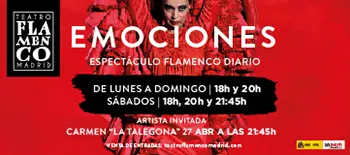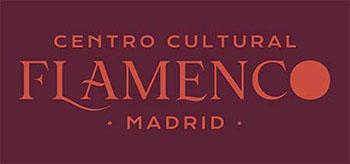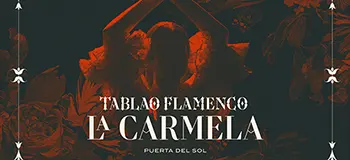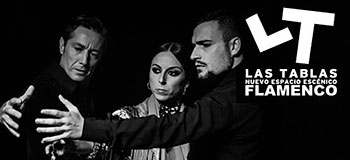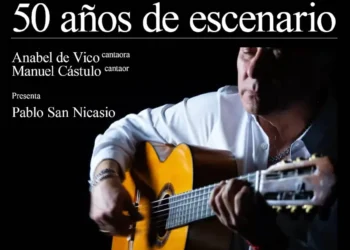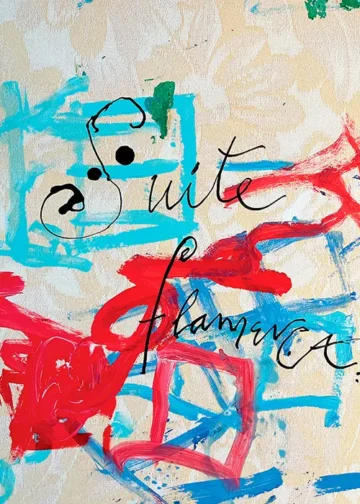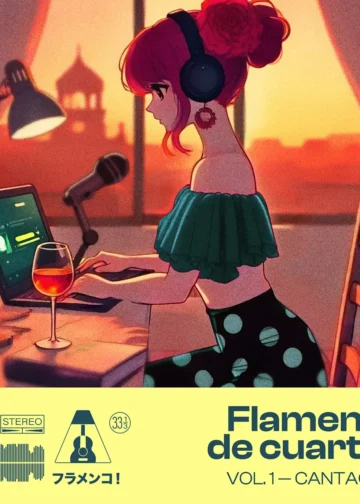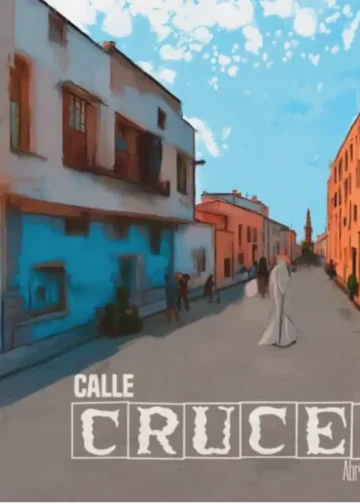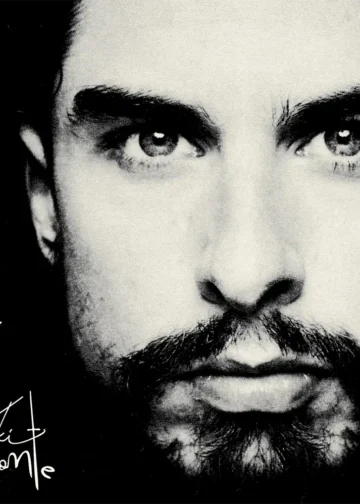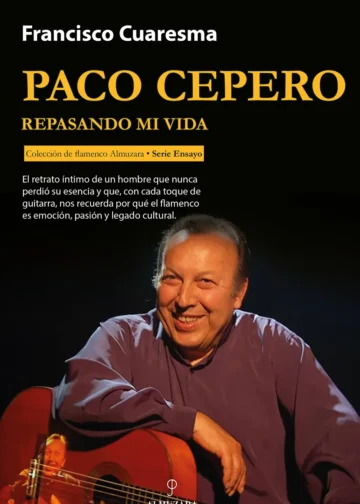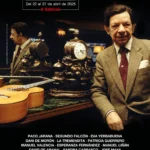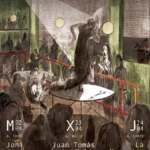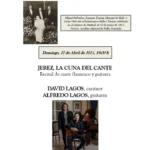Sara Arguijo
Photos: Adam Newby
“En Directo”. Voice: Duquende. Guitar: Dani de Morón. Rhythm and chorus: Los Mellis. Teatro Central, February 6th, 2018. Flamenco Viene del Sur. Full house.
Duquende is always well-received in Seville, first of all, because you don’t usually see him on programs, and secondly, because of the permanent nostalgia for his Camarón sound. Which is why his was one of the most eagerly awaited concerts when Dani de Morón announced his presence during the last Bienal in the performance of his “21”, and on Tuesday the Central was full to welcome the duo.
As we said, behind his broad-brimmed hat, the Catalonian hides his shyness, his experiences and the memory of an era a lot of us grew up with. And in his dark rough voice, in his earthy singing, in his personal quest, in his deliberately unfinished lines and in his verses, he evokes a flamenco we long for: that of Camarón, Paco de Lucía, Pata Negra…the “nonainoná” era.
Which is why the audience went home happy after a varied recital that opened with mining songs and ended with bulerías, passing through alegrías, siguiriya and tangos, in addition to Ray Heredia’s song Lo Bueno y lo Malo, one of the most applauded moments of the evening.
And yet, maybe because of his withdrawn distant character – there wasn’t even a “good evening” – Duquende failed to win over the audience, seeming at times to be singing for himself rather than for those in front of him. Warmth was conspicuously missing, and despite enjoying his voice, it felt like he’d put aside any desire to share his emotions. This was a role Dani de Morón fulfilled however, along with the Mellis, who covered up the underlying coldness with colors, smiles and shading.
In this sense, Dani showed his habitual elegance and generosity, making each song grow with original music full of intent and light, bringing as he did some of the salt of the Caleta for alegrías, all the melancholy possible in the Heredia piece and the solidity required for siguiriya. On his own, he delighted the audience with a farruca, where he was more paused than we’ve seen him on other occasions, as if the guitar were a refuge for his sadness, and a handkerchief for his tears, and in bulerías where once again it became clear why he is one of the most promising guitarists of the moment. The Mellis were impressive and absolutely necessary with their palmas, choruses and knuckles, filling the stage with the luminosity that was missing.



